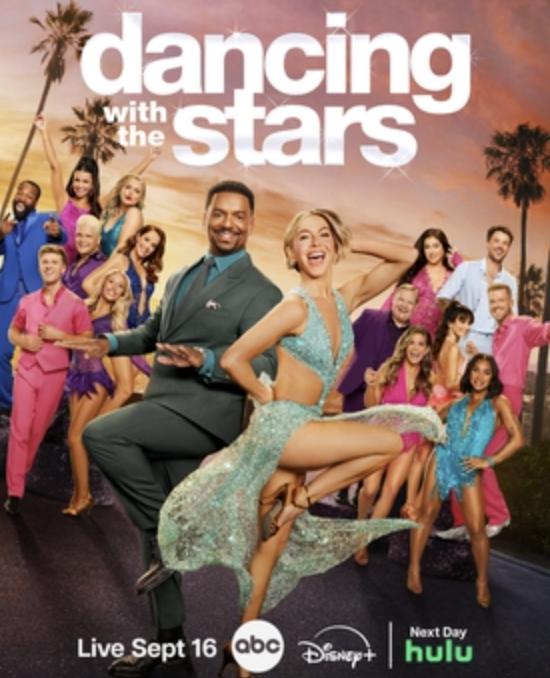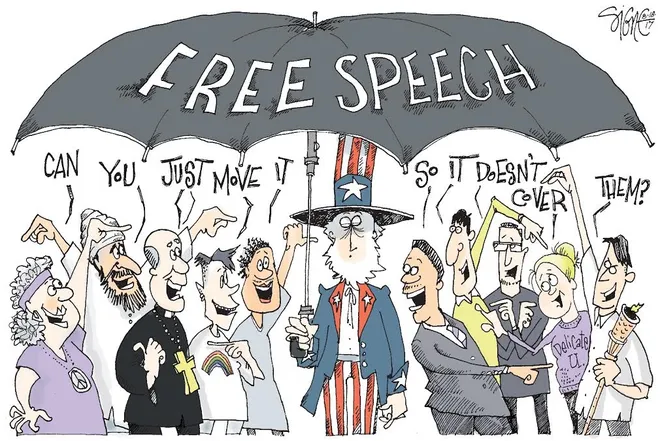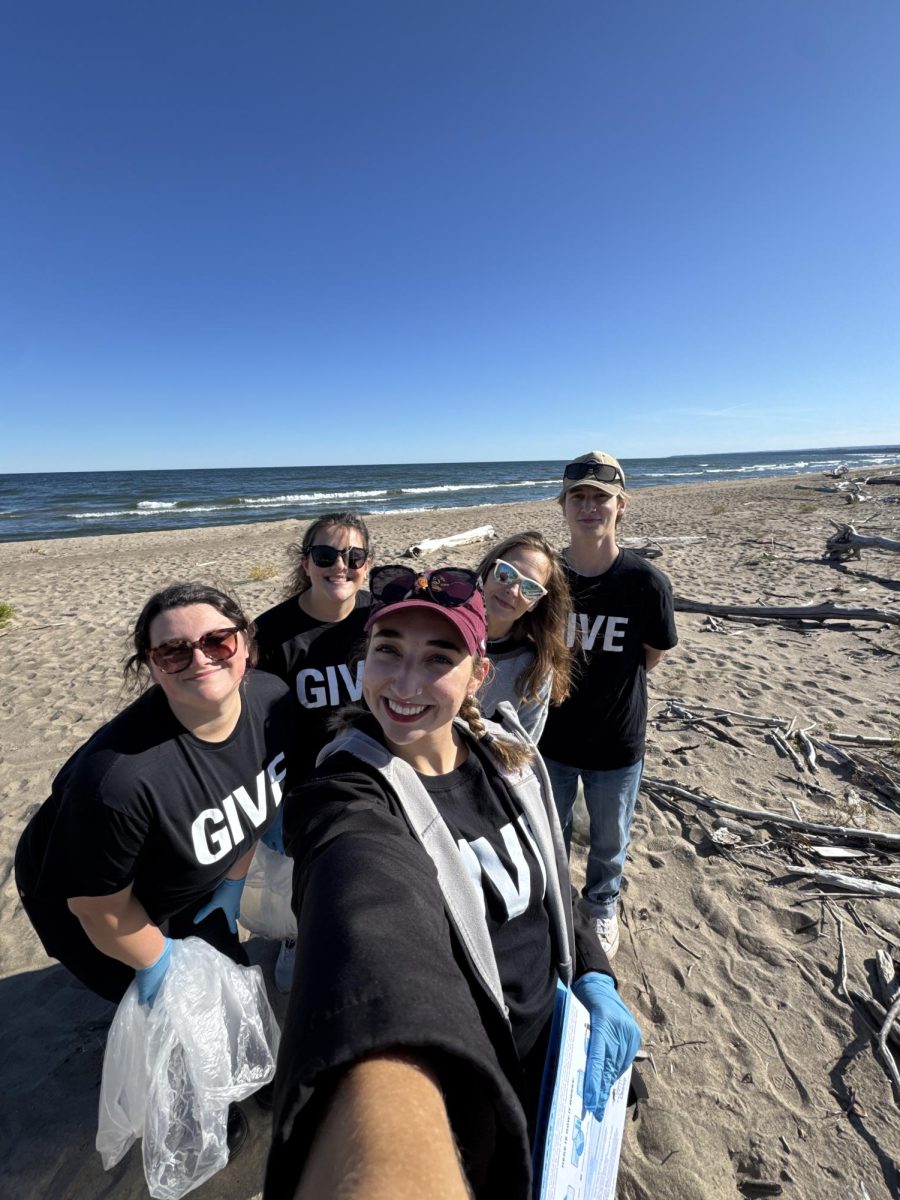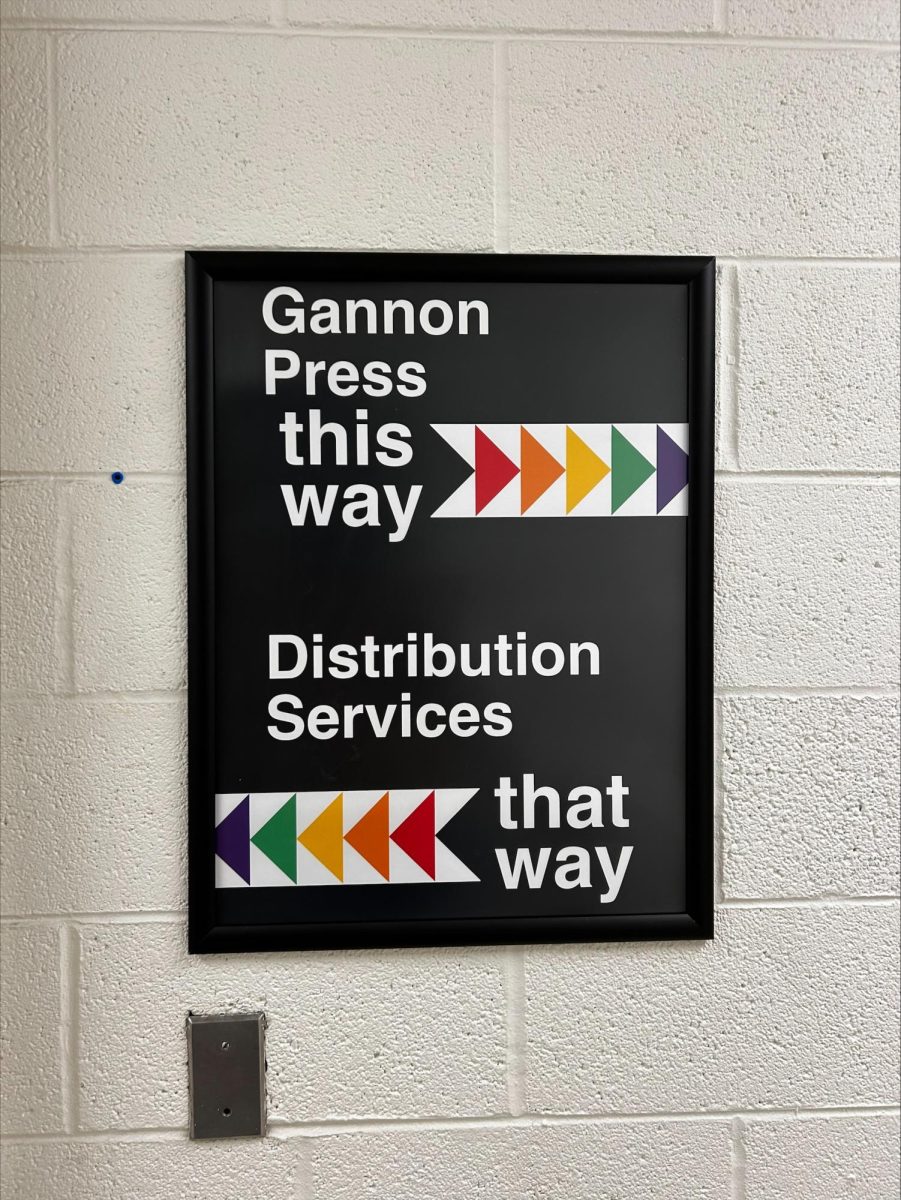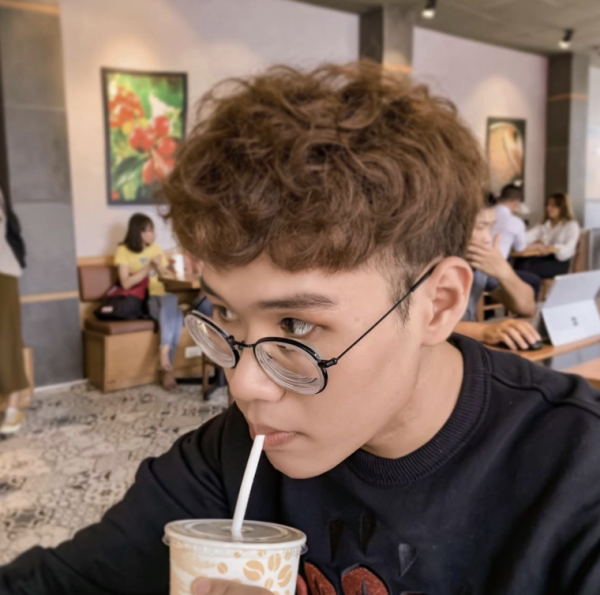October 18, 2024/Midnight
Erie, Pa— As a college student majoring in communication and actively exploring trends and new technologies, I have gained a decent level of confidence in my ability to identify AI–generated content. However, that skill was put to the test on an ordinary night.
As I was scrolling through YouTube just to kill time, I stumbled upon a video titled “Lady Gaga– Crimson Eyes (LG7 Full Demo).” Intrigued, I clicked play, expecting a compilation of snippets from her upcoming album. The audio sounded surprisingly complete and authentic, featuring high–quality production and melodies that echoed her style. Most convincing of all was the voice—so much so that I briefly entertained the idea that someone had hacked into Gaga’s computer and leaked a finished unreleased track.
But my excitement quickly faded as I scrolled down to the comments section, where I found the sobering truth: this is not Gaga’s work; it’s AI–generated. For the first time, I started to question my ability to identify AI–generated content and, furthermore, the real impact of AI on every aspect of our lives.
In recent years, artificial intelligence (AI) has been portrayed by the media as either “the next big thing” or the first step toward a dystopian future. On one side, it promises to revolutionize several industries and enhance everyday life. On the other hand, AI has fueled fears about an artificial future, where it replaces and takes over every aspect of our lives.
As an ordinary consumer, I don’t think we can deny the potentiality offered by AI, at least not without recognizing its marvels. As a 2000s kid, I didn’t have much exposure to the internet and technology until early secondary school. My first major experience with technology was the first iPhone that my aunt bought two years after its launch in 2007. I received my very first personal iPad after graduating from secondary school. More than a decade has passed since then; Apple just recently launched the iPhone 16 series, but I still remember the magical feeling those devices brought to my young mind. The internet and those devices introduced me to a new dimension that I had never experienced before. The introduction of AI to mass audiences is reminiscent of those peculiar, overwhelming, yet exciting experiences. I was both fascinated and horrified by how this technology, without any interaction with the outside world or an organic body, could write poems and scripts (even when they, in my opinion, are quite poor), analyze vast amounts of data, or even listen to my hums and identify the exact song. Even in creative fields—a very humanistic aspect – AI tools are now being employed to assist artists, musicians, and writers in various ways.
However, my strange encounter with AI Lady Gaga tempers this optimistic approach. AI is certainly more popular than it was ten years ago, as are deepfakes, fake images, and misinformation. I was quite confident in my ability to spot AI–generated content, only to realize that my skill was not much better than my 80–year–old grandpa’s. I once thought the dystopian vision of an AI–dominated future was overly pessimistic or even exaggerated, but now I can see why it exists. The widespread use of AI poses a philosophical question about how we, as consumers of media, perceive our surrounding reality when everything we see could be a product of alteration or, even worse, may have never existed.
As AI systems increasingly influence our lives, transparency and accountability in their design and implementation should be prioritized. To some extent, we have seen academic institutions create specific policies to adapt to this prominent issue. Open dialogue and education about AI’s capabilities and limitations can demystify the technology and alleviate fears surrounding it.
I embrace AI as an innovative invention, a real marvel constructed by human minds. However, I believe that we should treat this ‘intelligence’ as a tool rather than a mind—an instrument that can help me express and explore new dimensions rather than take over my creative capabilities. I remember spending hours cutting, crafting, and folding paper when I was a kid. Then I met the iPhone and iPad, and now AI; yet I still sometimes spend my free time cutting and crafting, often with more ideas suggested by YouTube’s AI–employed search engine. Maybe in the near future, when AI has reached the thinking level of a philosopher, we will still do crafting, cutting, drawing, writing, and many other things with our own hands and minds.


